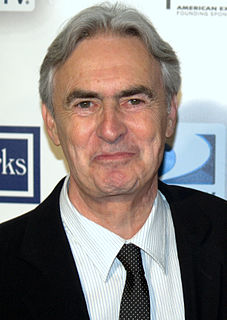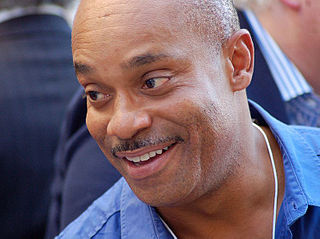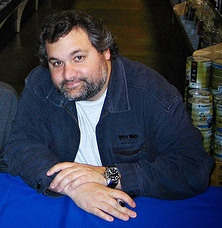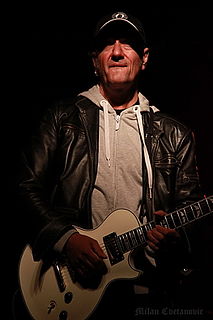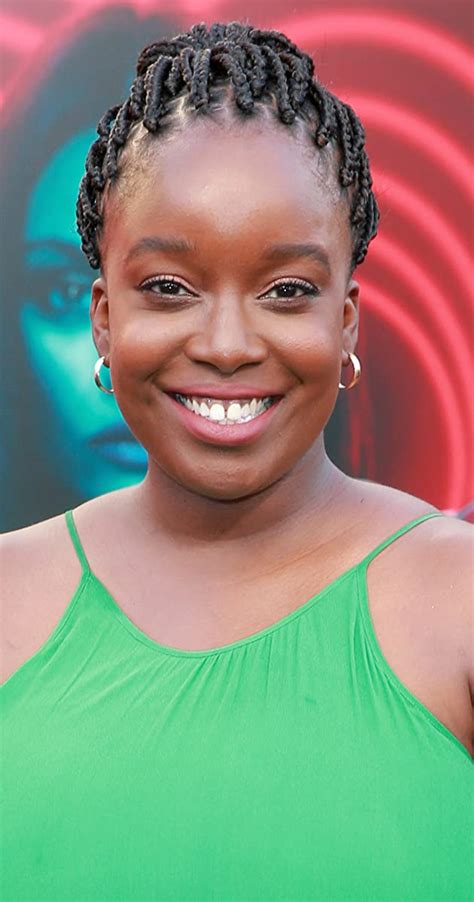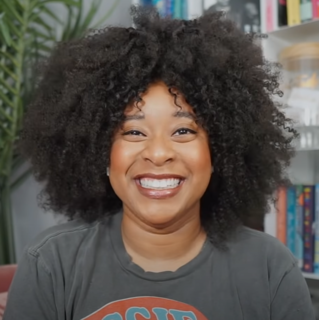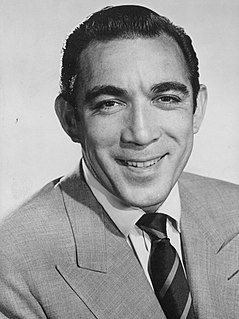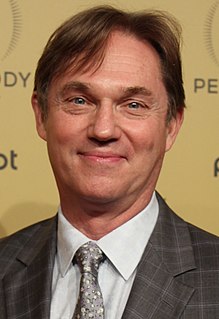A Quote by David Steinberg
Comedians talk to other comedians the way jazz musicians can talk to each other.
Quote Topics
Related Quotes
A lot of times people will have after-parties or try and host an event for comedians, and they misunderstand us. They think it should be wild and crazy, or loud music, and comedians are typically pretty mellow people that just want to talk to each other. I think it would be highly unusual to find comedians who want to be at a loud, crowded party.
I have a theory that musicians recognize each other and if they are destined to collaborate together they will. Mainly, they recognize each other according to the class they belong to. If they are punk-rocker kids from the neighborhood, they are going form a band. If they happen to be musicians that are going to play in pubs and restaurants, they are going to recognize each other, form a band and play together. If it's about musicians that are playing jazz and are going to jazz festivals, for e.g., then they are going to meet and work together.
From my experience working with comedians, there is that competitive aspect. With actors, for instance, they don't want to look competitive even if they are, whereas comedians, I think, are openly happy to play on the idea that they all compete with each other to get the laughs. There's something about comedy, I think, that encourages that. There's this kind of schoolboy sense of wanting to top the other person that we play off of to show them competing for who's smarter or cleverer.
If people work together in an open way with porous boundaries - that is, if they listen to each other and really talk to each other - then they are bound to trade ideas that are mutual to each other and be influenced by each other. That mutual influence and open system of working creates collaboration.
